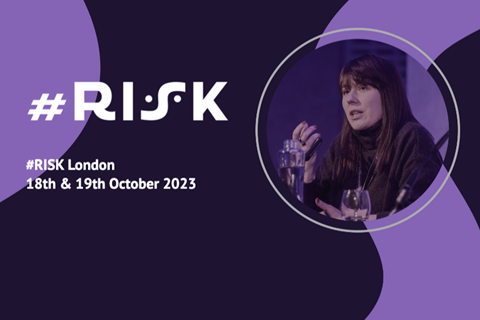A new study of fleet professionals in the US has shed light on how organisations in the transportation sector are moving forward with their sustainability plans against a global backdrop of increasing pressure to address climate change.

The Geotab study found that over half of businesses surveyed expect customers to demand greater corporate efforts towards commercial motor vehicle sustainability over the next few years, at the risk of those customers going to competitors with more robust eco-initiatives in place.
When citing key hesitations to starting sustainability actions, the top three reasons included overall cost, lack of data, and differing priorities. However, 69% of polled fleet managers who are executing sustainability plans, reported that fleet sustainability data helped reduce operating costs in the past year, highlighting how those that take action see bottom-line benefits within a short period.
In another recent global survey of 3,000 CEOs, more than 80% expect investments in sustainability to deliver higher business results over the next five years. Geotab’s “Greening the Fleet’’ survey revealed the same confidence, with 66% of fleet managers responding they plan to invest more in sustainability initiatives over the next three years to meet customer and organisation requirements, while only 3% plan to invest less. Without investing in sustainability, organisations risk being left behind.
Reliable data is critical
According to an IBM study, 51% of CEOs globally consider sustainability a top challenge, as they face increasing pressure from boards and investors to take action. As companies look to achieve their climate targets, having reliable sources of data for decision-making and reporting is critical.
Currently, 73% of fleet professionals surveyed use a fleet management solution and telematics data insights to track and manage the sustainability of their fleet, but only 24% of fleet professionals are leveraging telematics data to support regulatory reporting. With increasing regulatory pressure for accelerating action in carbon reduction, there is a clear opportunity to leverage data insights for transparent reporting, while reducing the risk of “greenwashing” challenges.
The fleet EV transition is well underway
Fleet electrification is increasing at a rapid pace. S&P Global Platts Analytics has noted light-duty electric vehicle sales reached a record high of 6.3M units in 2021 up 102% year-over-year. Of the fleet professionals involved in the Geotab survey, 54% have electric vehicles already in their fleet or on order. The survey also revealed that fleets that have started on their sustainability journey are already seeing environmental and social benefits, including reduced fuel use, CO2 emissions, and idling. As they continue to follow data-driven sustainable fleet practices and electrify, they may gain increasing ROI.
Neil Cawse, CEO and Founder of Geotab, said:
“Transportation is one of the largest contributors to global carbon emissions, and fleet managers have an essential role in tackling the challenge of carbon reduction and supporting the achievement of their organisation’s sustainability goals.”
A sustainable future
As environmental concerns fall into focus across public, private and third sectors, it has never been more important for businesses to build sustainability into operations, structures and cultures.
These issues will take central stage in the #RISK Sustainability zone in association with Pinwheel, part of the ESG Theatre at #RISK London. #RISK Sustainability zone attendees can follow curated content on topics governing corporate sustainability and eco-agendas.


Taking place October 18 and 19, #RISK London brings high-profile subject-matter experts together for a series of keynotes, engaging panel debates and presentations dedicated to breaking down the challenges and opportunities that businesses face in times of unprecedented change.
“#RISK is such an important event as it looks at the broad perspective or risk. Risks are now more interconnected and the risk environment is bigger than ever before.”
Michael Rasmussen, GRC Analyst & Pundit, GRC 20/20 Research









No comments yet